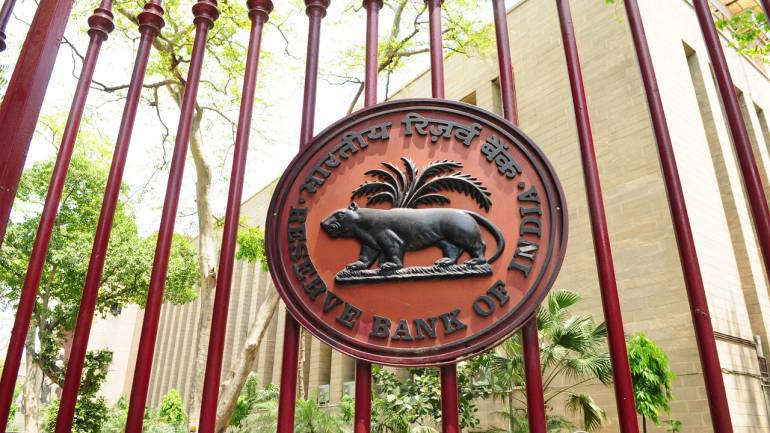Announcing the first bi-monthly policy for fiscal 2019, the central bank today left the policy rates unchanged at 6 percent citing elevated inflation worries in the first half of the fiscal but a comfortable print in the second half.
Analysts at credit rating agencies have ruled out monetary easing at least in the next six months despite the Reserve Bank sounding optimistic on inflation and maintaining a neutral stance on its future policy moves.
Announcing the first bi-monthly policy for fiscal 2019, the central bank today left the policy rates unchanged at 6 percent citing elevated inflation worries in the first half of the fiscal but a comfortable print in the second half.
"We expect the repo rate to remain unchanged over the next six months unless upside risks to the MPC's inflation forecast materialise," Crisil said in a post-policy note.
Icra also echoed similar views saying while the status quo in the policy in line with expectations, saying, "the balance of risks and outlook suggests a low likelihood of a change in the repo rate or monetary policy stance until there is greater clarity on the extent of impact of MSP hikes and the monsoons on the inflation trajectory, which is unlikely to emerge in the next few months."
Even with the neutral stance, there has been a defacto interest rate tightening in the banking system, noted Crisil and said the risk-free rate in the economy, the 10-year government security yields, jumped 40 bps this year so far on fears of fiscal slippages.
"But this has corrected now due to a trimmer borrowing programme announced by government for first half also due to the MPC holding the rates," Crisil said.
However, India Ratings noted that the tone of the policy commentary suggests that despite several uncertainties surrounding the inflation trajectory, "RBI is not in a hurry to change its neutral stance but given the many uncertainties cited by RBI on inflation "we believe that RBI may remain in a pause mode in the near term so far as policy rate is concerned."
On inflation, Crisil said between the February review and now, some inflationary pressures have surfaced. Global crude oil prices have continued to rise since then and are now nearly 27 percent higher on year. In fiscal 2019, Crisil expects prices to rise another 13 percent.
Similarly, metal prices are moving up and given the improving domestic demand, manufacturers are likely to pass on higher input prices to consumers. There could also be pressure on food inflation if elements of MSP hikes are implemented. All this will need monitoring in the coming months.
Explaining the automatic tightening of interest rates, Crisil said fiscal pressures drove up the yield on the 10-year bonds to 7.62 percent by March, from 7.18 percent in December but since then softened now.
Banks, too, have been raising their lending rates led by two factors, an expected drying up of surplus liquidity from the system as RBI aims to go back to maintaining neutral conditions, and a return of demand for bank credit from corporates as interest rates in the bond market firm up.
Around eight banks have already raised their marginal cost of lending rate (MCLR) by 10-20 bps in 2018 so far, indicating that in spite of the repo rate staying unchanged, banks are pricing an increase in interest rate. However, with today's hold, the upside risks to lending rates has reduced, Crisil added.